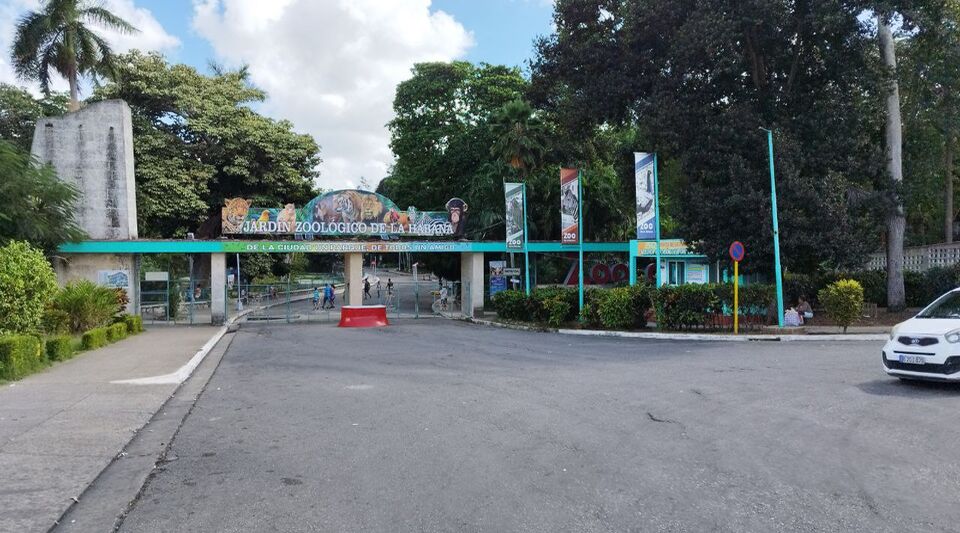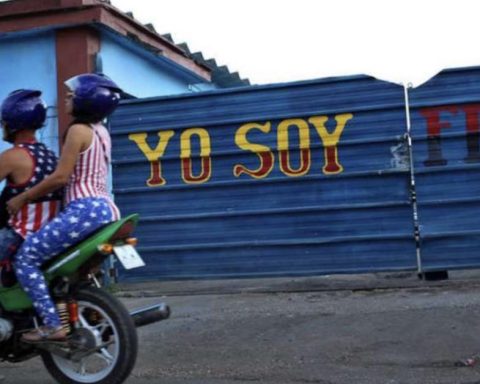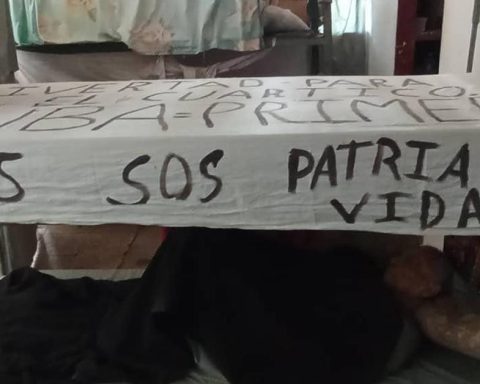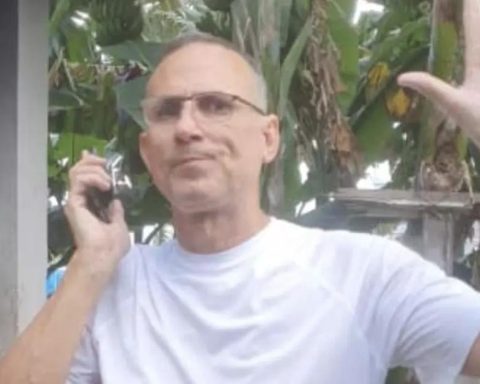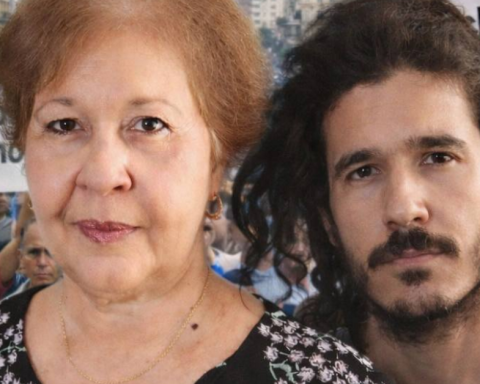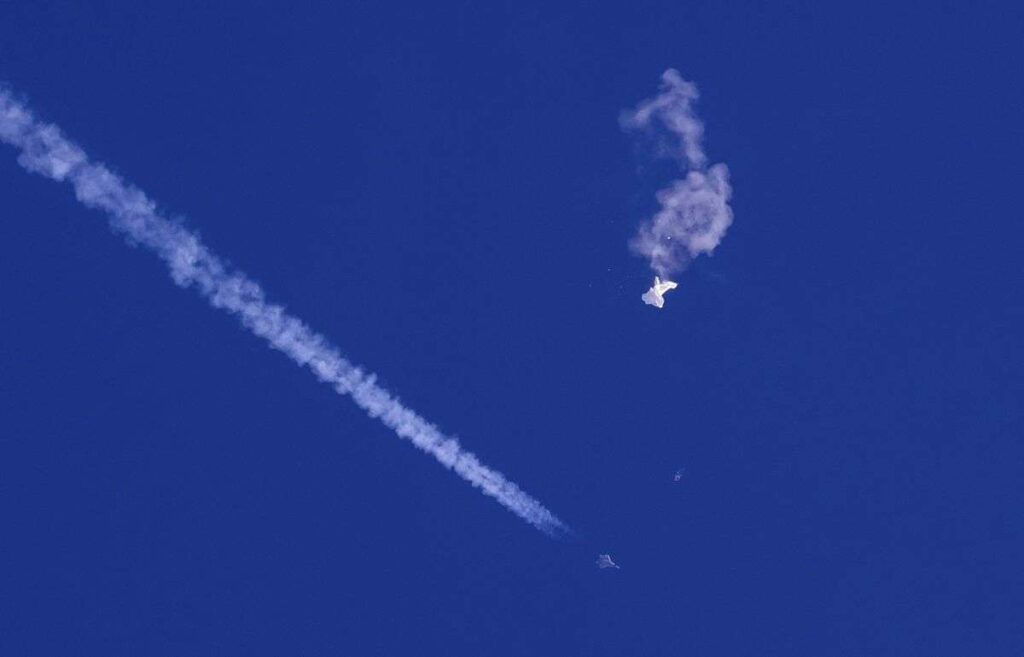The National Center for Animal Health (Cenasa) has disseminated a short note in which it officially declares, before the World Organization for Animal Health (OMSA), the presence of avian influenza in Cuba.
The entity, linked to the Ministry of Agriculture, reported that “the virus was detected in wild birds of the Havana Zoological Garden, located on Avenida 26, municipality of Plaza de la Revolución.”
Cenasa assured that “the corresponding sanitary measures have been implemented to contain the virus, such as the quarantine and temporary closure of the Zoological Garden”, in addition to keeping “the population informed about the evolution of this event”.
The health authorities recommend immediately informing the official veterinary service of any locality if an increase in the mortality of farmed or wild birds is perceived.
Cenasa assured that “the corresponding sanitary measures have been implemented to contain the virus, such as the quarantine and temporary closure of the Zoological Garden”
Last December, Cenasa already warned about the possible appearance of a viral infection on the Island and clarified that “since 2021 the animal health situation is quite complex due to the appearance of multiple outbreaks throughout the world.” Given this, he advised extreme surveillance mechanisms to prevent it from reaching the country, although he considered the threat to be serious.
Among Cenasa’s recommendations was to avoid contact of wild birds with poultry farms, take extreme biosecurity measures in poultry facilities and prohibit the transfer of sick birds. In relation to hunting, the institution advised not to bring captured birds to homes and to disinfect all the means used in their capture.
The World Health Organization then warned that some type A virus subtypes (H5 and H7) can be highly pathogenic and cause severe disease in birds that can spread rapidly, resulting in high mortality rates in different species.
Although rare, certain strains of highly pathogenic avian influenza have the ability to infect humans, posing a threat to public health. The main risk factor is direct or indirect contact with infected animals or with environments and surfaces contaminated by feces.
________________________
Collaborate with our work:
The team of 14ymedio He is committed to doing serious journalism that reflects the reality of deep Cuba. Thank you for accompanying us on this long road. We invite you to continue supporting us, but this time becoming a member of our newspaper. Together we can continue transforming journalism in Cuba.
